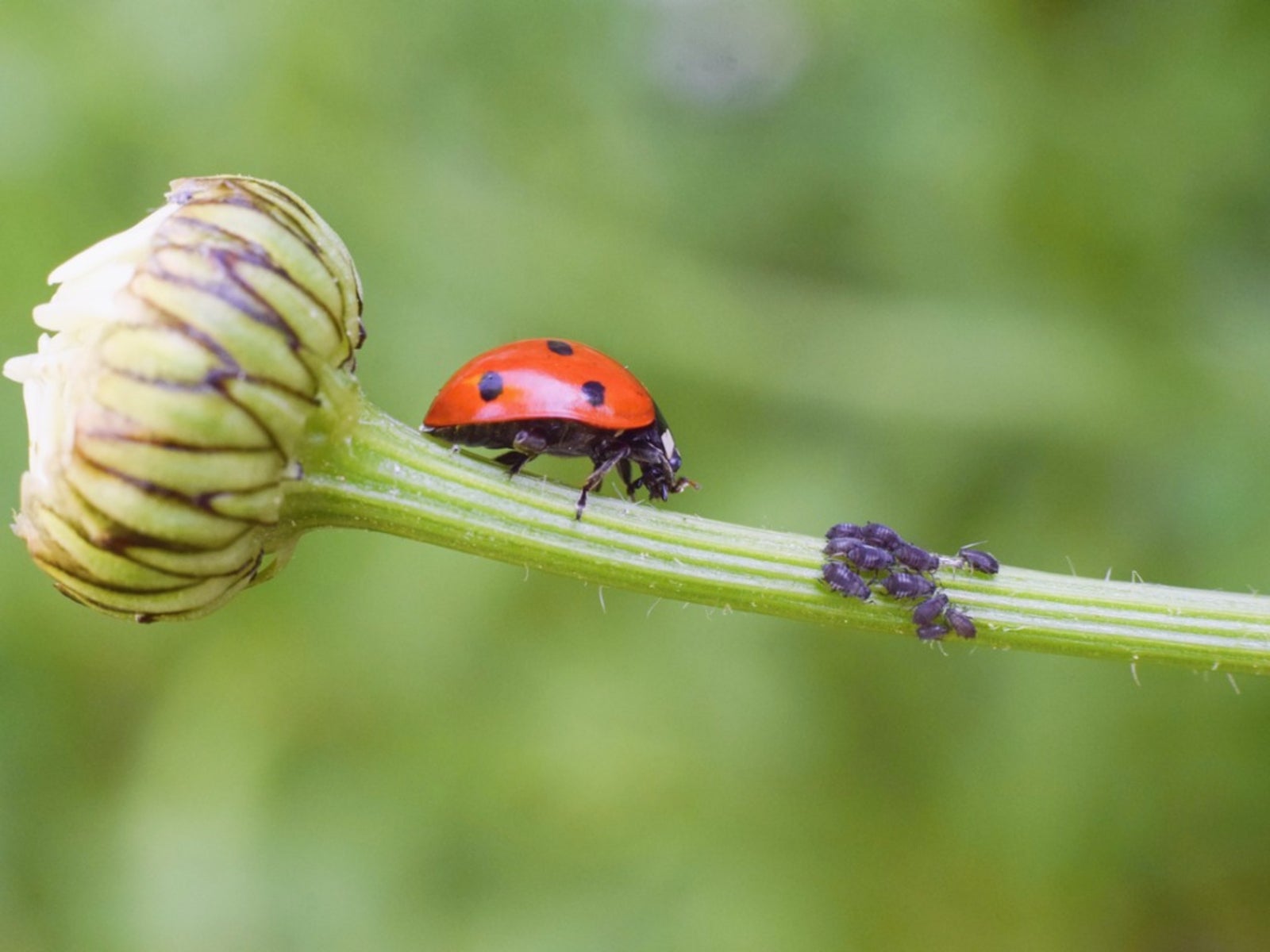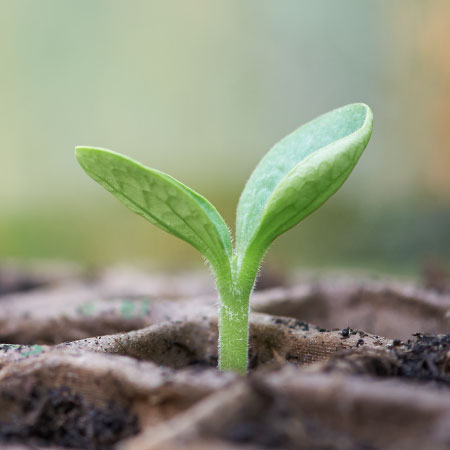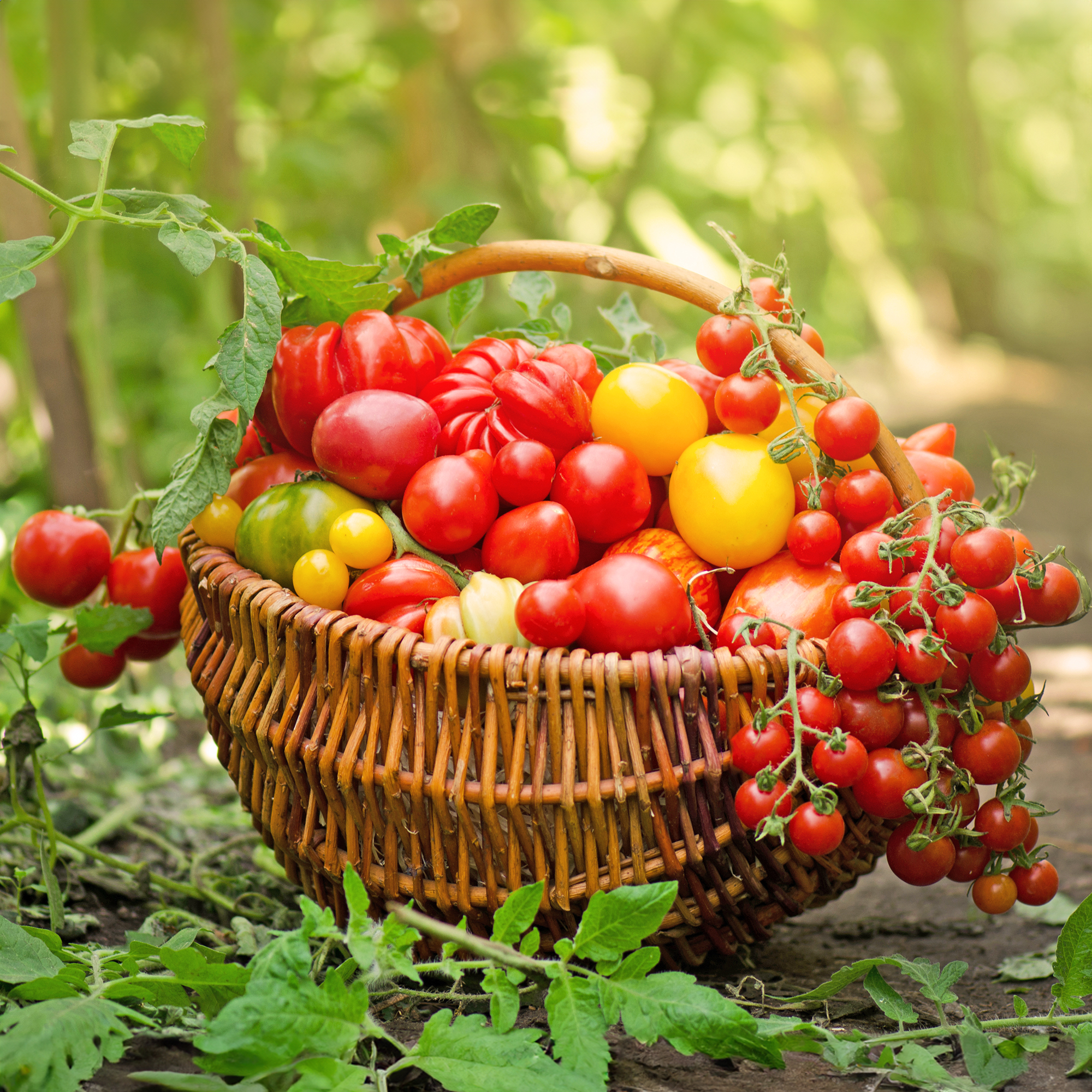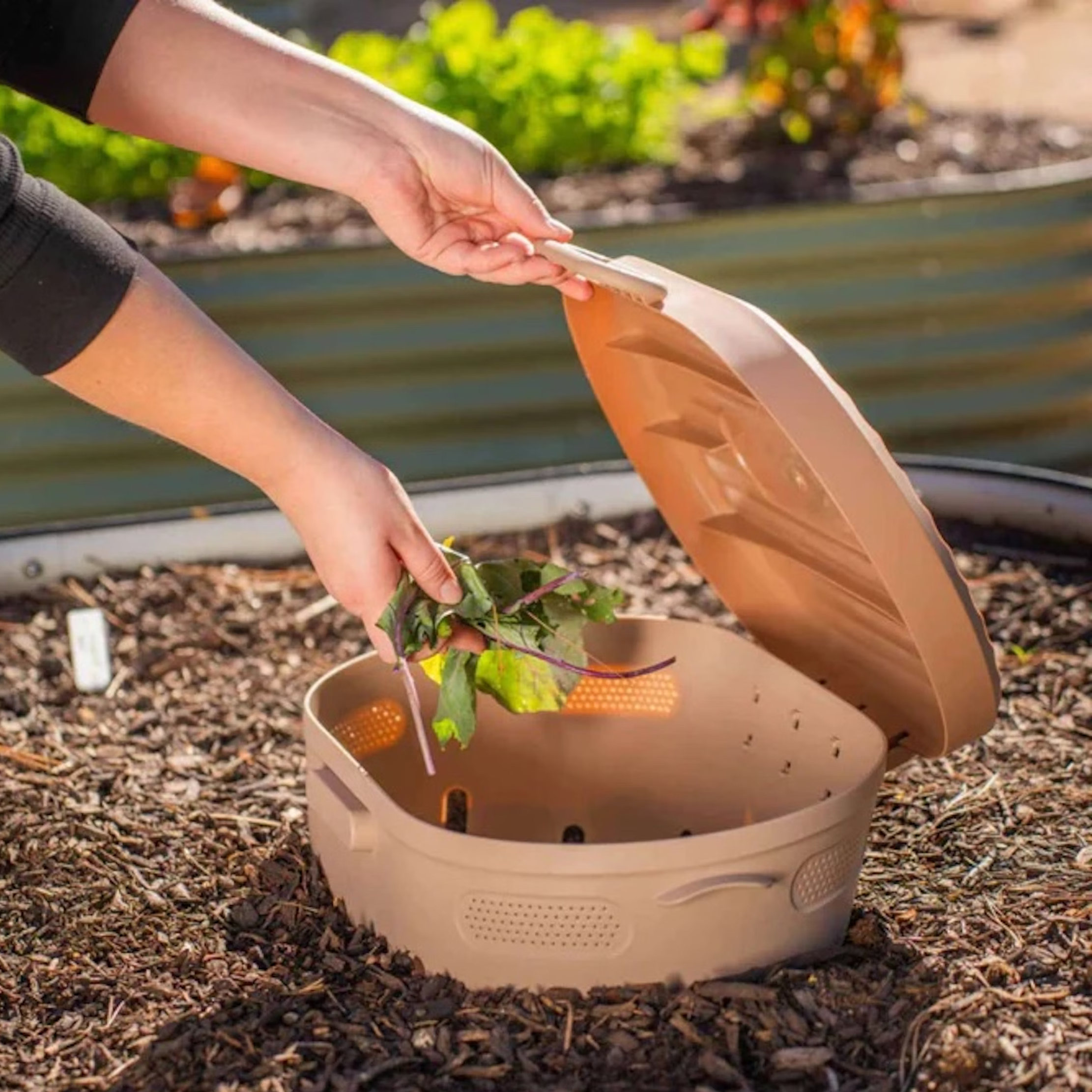Natural Pest Control In An Organic Garden

Walk into any garden store and you will find shelf after shelf of chemicals to help control the pests in your garden. You can spend hundreds of dollars on these products every season. Not this year. You've decided to go organic instead. You know this means that you won't be using those chemicals with unpronounceable names. You're going to be using natural ingredients and nature itself to keep your garden pest-free. So, the question is: what works and what doesn't? Keep reading to learn more about natural pest control in an organic garden.
Tips for Natural Pest Control
The best defense against garden pests is good soil and healthy plants. Following that, simple garden protection includes items you can safely use to deter pests as well as the addition of certain plants that repel insect pests or attract the predators which feed on them.
Healthy Soil and Plants
Always rotate crops so that nothing is growing in the same spot that it did last year. Begin your organic garden by working in compost to fertilize the soil. You cannot add too much compost to your garden. If you plan to use hybrid seeds, instead of heirloom, choose seeds and plants that are bred to resist pests. Each year, more and more varieties of vegetables are being developed that are pest and disease resistant. Cull out any plant that looks unhealthy, as a sick plant only invites unwanted guests to your garden. A sick or diseased plant will not produce as well as a healthy plant, so you are not losing anything by pulling it from the ground.
Natural Garden Deterrents
Fine mesh netting, available from your garden center, is your next line of defense. By placing the netting over the plants, you protect the plant from flying insects, mice, and other varmints. Netting is the preferred preventative for vegetables such as cabbage, lettuce, and other leafy produce. Protecting young vegetable plants from worms and slugs can be accomplished by using old soda pop bottles. These can be either the single-serve or the two-liter (0.5 gal.) type. Simply cut out the top and bottom of the bottle and place it around the plant. Another method of organic pest control is companion planting. By planting annuals, such as marigolds and California poppies, in and among your vegetable crop, you will help attract beneficial insects to your garden. These beneficial insects, like the ladybug, eat not the plant, but other insects. Some plants, such as wormwood, give off an odor that many pests do not like and will cause them to go to someone else's garden. Many organic gardeners plant hot peppers, like chili peppers, throughout their garden. The capsaicin in the pepper plants deters many insects from biting on the plants near them. Using hot pepper sprays on the vegetable plants themselves will also send many bugs elsewhere for their dinner. Hot peppers should not be planted near crops such as melons, however, because they may pick up the flavor of the pepper. Another trick to try, especially for aphids, is a mixture of water and bleach-free dish soap or another detergent. Spray the leaves of the plants lightly and it should destroy the little annoying insects. It may be easier to just grab a bottle of pesticide from the store shelf, but for the healthiest, purest, freshest tasting vegetables, organic is the way to go. You may have to put forth a tad bit more effort, but when you know you can safely grab that tomato off the vine and eat it right there, then you'll know why organic is the best way to go.
Gardening tips, videos, info and more delivered right to your inbox!
Sign up for the Gardening Know How newsletter today and receive a free copy of our e-book "How to Grow Delicious Tomatoes".

Kat Yares is a writer for Gardening Know How, specializing in organic gardening techniques.
-
 Types Of Tomatoes Explained: Explore The Many Wonderful Shapes, Colors, Flavors, & Best Uses
Types Of Tomatoes Explained: Explore The Many Wonderful Shapes, Colors, Flavors, & Best UsesThe world of tomato varieties is vast and fascinating. Learn about the key types to grow in your garden, tailored to your preferences and space.
By Amy Grant
-
 Try The Trend – Turn Any Bed Into A Keyhole Garden With This Clever In-Ground Composter
Try The Trend – Turn Any Bed Into A Keyhole Garden With This Clever In-Ground ComposterKeyhole gardening is an efficient and sustainable practice that saves space. Get started on this DIY project quickly and easily with an in-ground composter.
By Bonnie L. Grant